New DevOps Stack: Hire Data Scientists with Engineers
Discover why modern DevOps teams need data scientists to optimize CI/CD pipelines, predict system failures, and automate infrastructure decisions. Learn how combining engineering expertise with data science creates more resilient, intelligent development workflows.

The Evolution of Modern DevOps Architecture
DevOps has transformed from simple automation scripts to complex, data-driven ecosystems that require analytical expertise. Traditional DevOps focused on speed and reliability, but today's teams need intelligence built into their processes. The explosion of metrics, logs, and performance data creates opportunities that only skilled analysts can unlock effectively.
Companies that hire data scientists for their DevOps teams report 40% fewer production incidents and 30% faster recovery times. This isn't coincidence—it's the result of predictive analytics identifying issues before they impact users. The integration of data science into DevOps represents the next evolution of software development operations.
Modern applications generate terabytes of operational data daily. Without proper analysis, this information becomes noise rather than insight. Smart organizations recognize that hiring data scientists alongside traditional engineers creates a competitive advantage in system reliability and performance optimization.
The Data Explosion in Software Operations
Current DevOps environments generate massive amounts of telemetry data from applications, infrastructure, and user interactions. Processing this information requires statistical expertise that traditional engineers may lack. Teams that hire data scientists gain the ability to extract meaningful patterns from operational chaos.
Predictive Analytics Transforming System Reliability
System failures cost businesses millions annually, but most incidents follow predictable patterns. Data scientists can identify these patterns weeks before problems occur, allowing teams to implement preventive measures. Traditional monitoring tools react to problems, while predictive models prevent them entirely.
When companies hire data scientists for their DevOps teams, they gain access to anomaly detection algorithms that can spot unusual system behavior. These early warning systems reduce downtime by an average of 65% compared to reactive monitoring alone. The ability to predict capacity needs, performance bottlenecks, and security vulnerabilities transforms operations from reactive to proactive.
Machine learning models excel at correlating seemingly unrelated metrics to predict system health. A data scientist might discover that specific database query patterns combined with memory usage trends predict server crashes three days in advance. This level of insight is impossible without analytical expertise.
Automated Incident Response Through AI
Data scientists develop intelligent alerting systems that reduce false positives and prioritize critical issues. Their models learn from historical incident data to improve response accuracy over time, making DevOps teams more efficient and reducing alert fatigue.
CI/CD Pipeline Optimization Through Data Science
Continuous integration and deployment pipelines generate rich datasets about code quality, build times, and deployment success rates. Teams that hire data scientists can optimize these processes using statistical analysis and machine learning algorithms. Build time predictions, failure probability models, and resource allocation optimization all become possible with analytical expertise.
Data scientists can identify which code changes are most likely to cause build failures, allowing teams to implement targeted quality gates. They can also optimize resource allocation across build environments, reducing costs while maintaining performance. These improvements compound over time, creating significant efficiency gains.
Test Automation Intelligence
Smart test suites powered by data science can predict which tests are most likely to catch bugs based on code changes. This selective testing approach reduces pipeline execution time while maintaining quality assurance effectiveness.
Infrastructure as Code Gets Smarter
Infrastructure as Code (IaC) traditionally relies on static configurations, but data science introduces dynamic optimization. Teams that hire data scientists can implement auto-scaling algorithms that respond to predicted demand rather than just current load. This proactive approach reduces costs and improves user experience simultaneously.
Data scientists can analyze historical usage patterns to optimize resource provisioning automatically. Their models consider factors like seasonal trends, user behavior patterns, and application performance requirements to make intelligent scaling decisions. This level of sophistication requires analytical skills that traditional DevOps engineers may not possess.
Configuration drift detection becomes more sophisticated with machine learning models that understand normal versus abnormal infrastructure states. These systems can identify potential security vulnerabilities or performance issues before they impact production systems.
Cloud Cost Optimization Through Analytics
Data scientists develop models that predict optimal cloud resource configurations based on workload patterns. Companies report 25-40% cloud cost reductions when they hire data scientists to optimize their infrastructure spending through intelligent resource management.
Security Enhancement Through Behavioral Analysis
Cybersecurity threats evolve constantly, making traditional rule-based security inadequate. Data scientists bring behavioral analysis capabilities that detect subtle anomalies indicating potential security breaches. Their models learn normal system behavior and alert teams when deviations suggest malicious activity.
Log analysis becomes exponentially more powerful with data science techniques. Instead of searching for known attack patterns, machine learning models identify unusual behaviors that might indicate novel attack vectors. This proactive security approach provides better protection than traditional signature-based systems.
When organizations hire data scientists for their DevOps security teams, they gain access to predictive threat modeling and automated response capabilities. These systems can isolate compromised resources and implement containment measures faster than human analysts.
Fraud Detection in Development Workflows
Data scientists can identify unusual development patterns that might indicate compromised developer accounts or insider threats. Their models analyze code commit patterns, access behaviors, and system interactions to maintain development environment security.
Performance Monitoring Revolution
Application performance monitoring evolves from reactive dashboards to predictive intelligence when data scientists join DevOps teams. Traditional monitoring shows what happened; data science predicts what will happen. This shift from hindsight to foresight transforms how teams manage system performance.
Data scientists develop models that correlate user experience metrics with infrastructure performance indicators. They can predict when specific user actions will cause system stress and implement preventive measures automatically. This level of sophistication requires both domain expertise and analytical skills.
Real-time anomaly detection systems powered by machine learning can identify performance degradations before users notice them. These systems learn from historical patterns to distinguish between normal variation and concerning trends, reducing false alerts while catching genuine issues earlier.
User Experience Optimization
Data scientists analyze user behavior patterns to optimize application performance for real-world usage scenarios. Their insights help DevOps teams prioritize performance improvements that have the greatest impact on user satisfaction and business metrics.
The Skills Bridge Between Engineering and Analytics
DevOps engineers excel at automation and system administration, while data scientists specialize in pattern recognition and predictive modeling. The combination creates teams capable of building truly intelligent operations systems. Companies that hire data scientists alongside their engineering teams report higher job satisfaction and better problem-solving capabilities.
This collaboration requires careful team structure and communication protocols. Data scientists need to understand operational constraints, while engineers need to appreciate analytical possibilities. Successful integration requires investment in cross-training and shared project goals.
The most effective teams develop hybrid professionals who understand both operational requirements and analytical techniques. These individuals serve as bridges between traditional engineering and data science perspectives, facilitating better collaboration and knowledge transfer.
Building Cross-Functional DevOps Teams
Organizations that successfully integrate data scientists into DevOps teams create dedicated collaboration spaces and shared learning opportunities. Regular knowledge sharing sessions help both groups understand each other's expertise and identify collaboration opportunities.
Implementation Strategies for Data-Driven DevOps
Starting small with specific use cases helps organizations build confidence in data science applications. Companies might begin with simple predictive models for capacity planning before expanding to complex anomaly detection systems. This incremental approach allows teams to learn and adapt while delivering immediate value.
Tool integration becomes critical when combining data science with traditional DevOps workflows. Data scientists need access to operational data, while engineers need to understand analytical outputs. Successful implementations invest in platforms that support both analytical and operational workflows seamlessly.
Training existing team members in basic data analysis skills improves collaboration and helps everyone understand the value of analytical approaches. When DevOps engineers understand statistical concepts, they can better leverage data science insights in their daily work.
Conclusion
The future of DevOps belongs to teams that combine engineering expertise with analytical intelligence. Organizations that hire data scientists alongside their traditional DevOps engineers gain significant advantages in system reliability, performance optimization, and security. This integration transforms reactive operations into predictive, intelligent systems that anticipate problems before they occur.
The investment in data science capabilities pays dividends through reduced downtime, improved performance, and enhanced security. As systems become more complex and data volumes continue growing, the need for analytical expertise in operations becomes increasingly critical. Companies that embrace this evolution will lead their industries in operational excellence and system reliability.





















































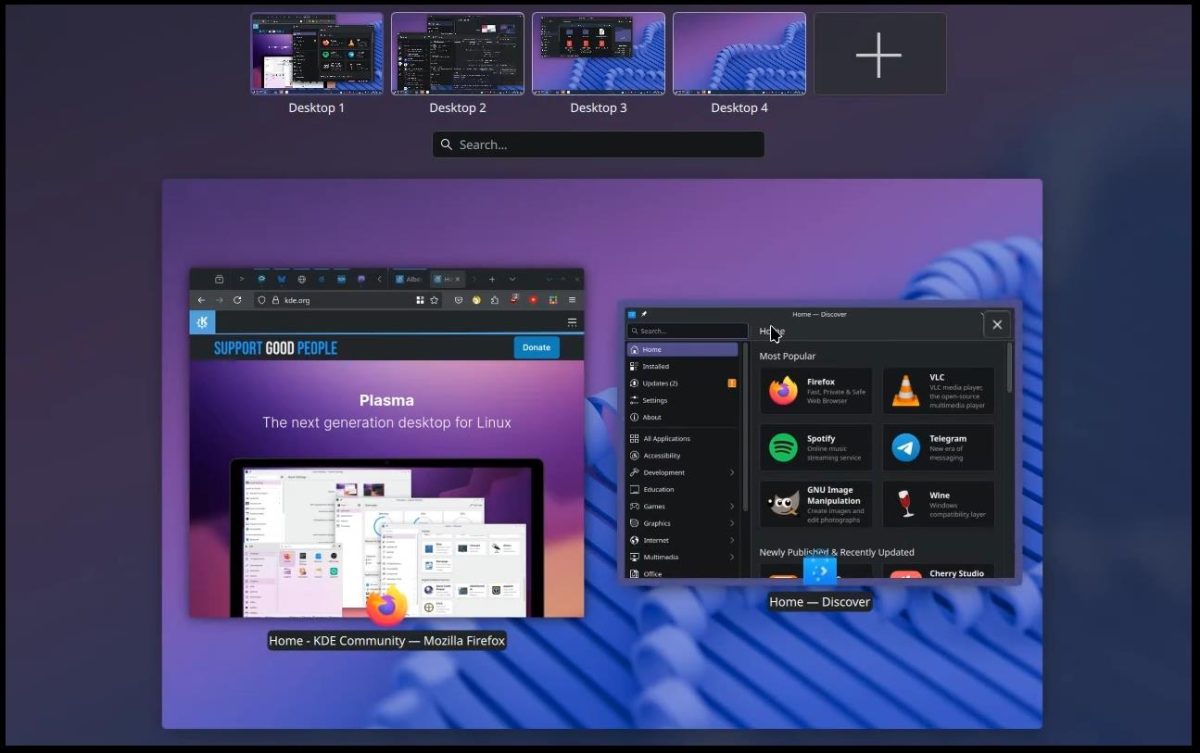




















![iOS 18 Adoption Reaches 82% [Chart]](https://www.iclarified.com/images/news/97512/97512/97512-640.jpg)
![Apple Shares Official Trailer for 'The Wild Ones' [Video]](https://www.iclarified.com/images/news/97515/97515/97515-1280.jpg)




















































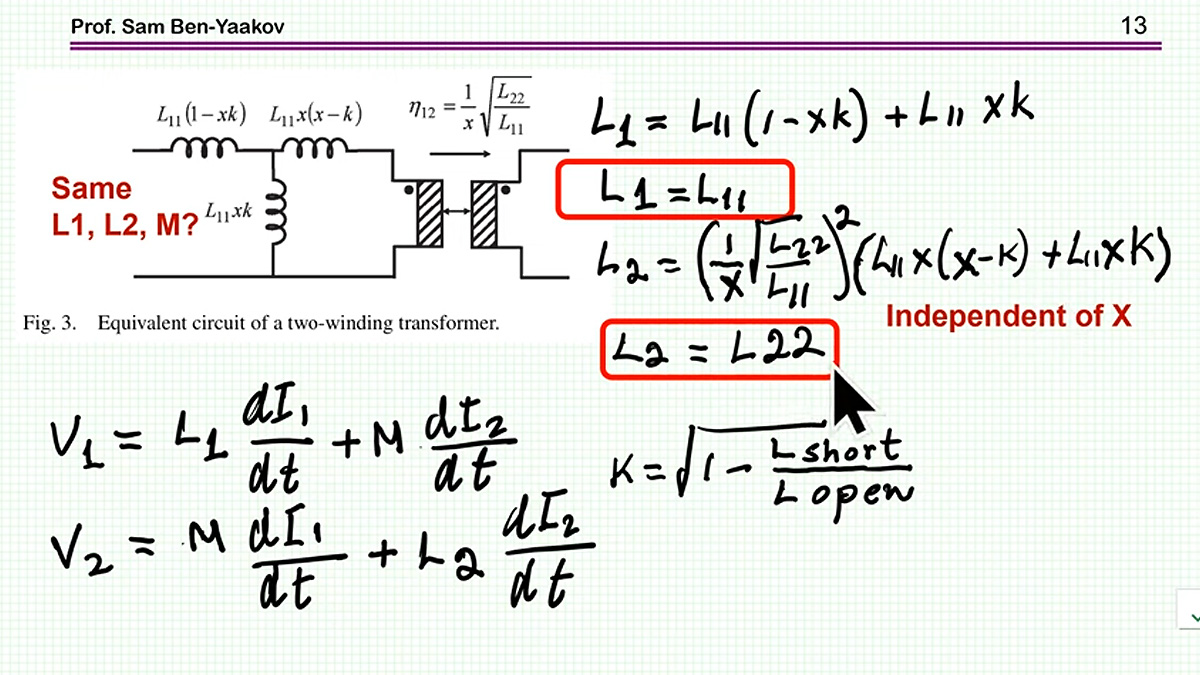

































































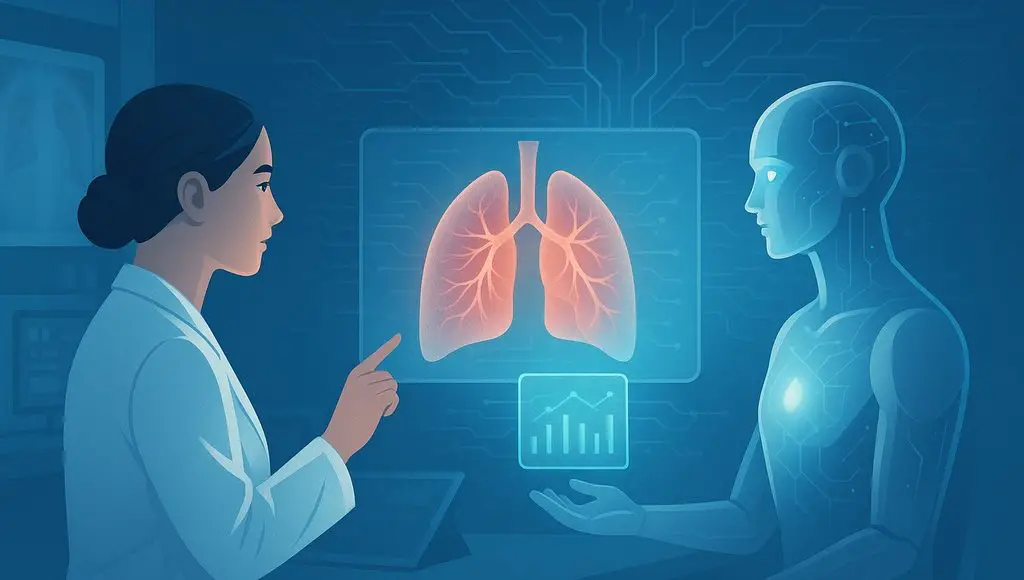
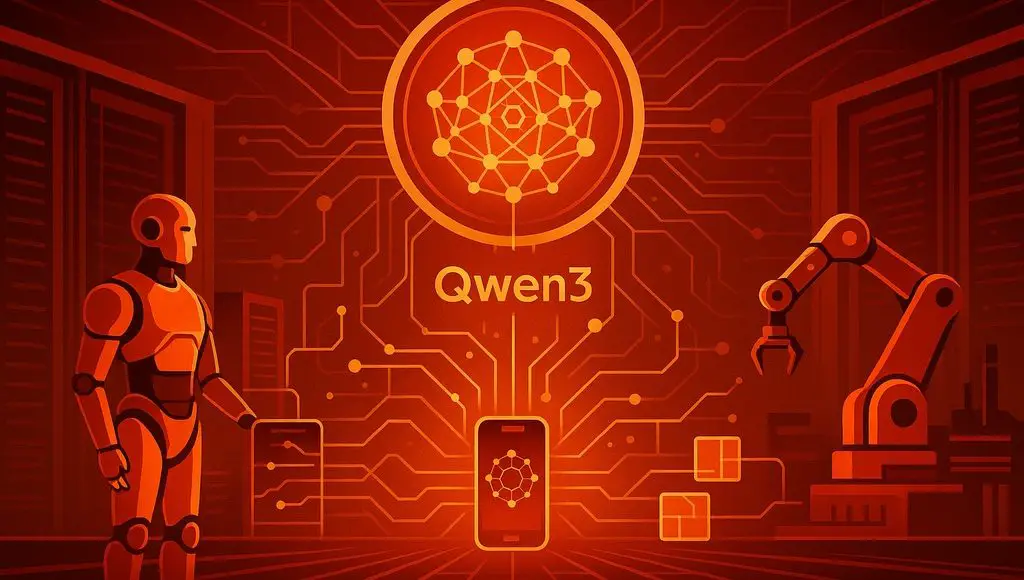



































































































![[The AI Show Episode 151]: Anthropic CEO: AI Will Destroy 50% of Entry-Level Jobs, Veo 3’s Scary Lifelike Videos, Meta Aims to Fully Automate Ads & Perplexity’s Burning Cash](https://www.marketingaiinstitute.com/hubfs/ep%20151%20cover.png)


















































































































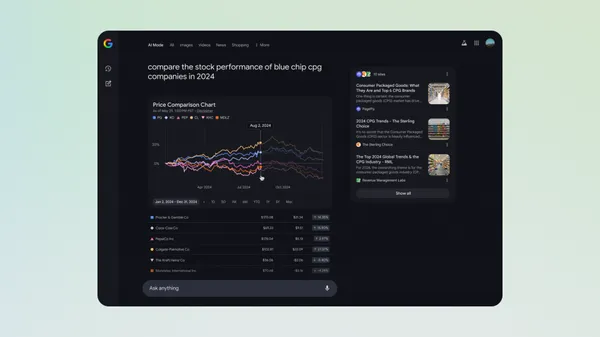




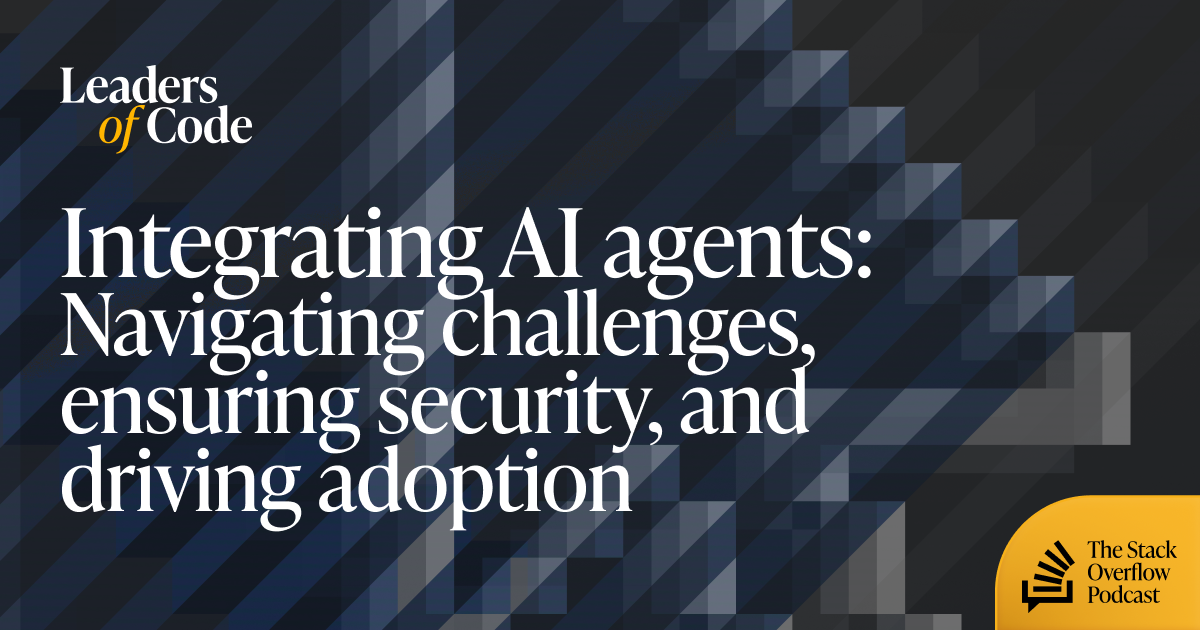













































![[DEALS] FileJump 2TB Cloud Storage: Lifetime Subscription (85% off) & Other Deals Up To 98% Off – Offers End Soon!](https://www.javacodegeeks.com/wp-content/uploads/2012/12/jcg-logo.jpg)




















-0-8-screenshot.png?width=1920&height=1920&fit=bounds&quality=70&format=jpg&auto=webp#)
.jpg?width=1920&height=1920&fit=bounds&quality=70&format=jpg&auto=webp#)



































































